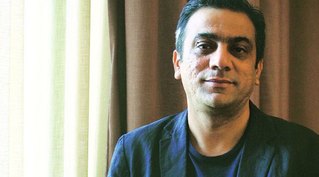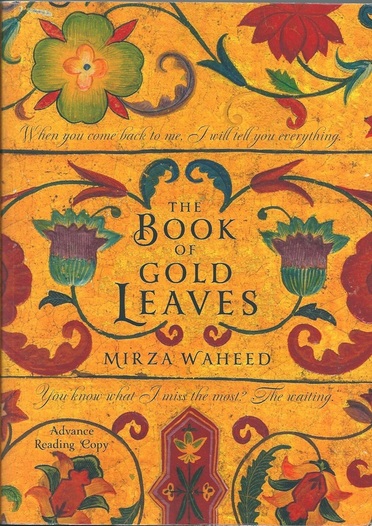
How much do you draw from memory when you write? What is it like to fictionalise what you remember?
Memory is a fascinating thing, isn’t it? To think about memory, not just to have it. If I remember a certain evening, and this remembrance is from 30 years ago, I would have a vague sense of what the evening was like. But when I’m writing, I will make it anew, I will imbue it with something that belongs to the novel I’m writing now. There’s a scene in the novel where Faiz’s mother is making kangris. When she’s lighting it, there is a red ember light and it is dusk and there is this particular winter light that appears in Srinagar. All those disparate things — I like putting them together and seeing what happens. One memory walks into another and another dives into the next and they will appear in strange places when you’re writing.
It seems as though Srinagar was one of the characters in the book. How do you think the insurgency has changed the city?
In the 1990s, the city turned into a war zone. There were bomb blasts and shootings every other day. Outside the city, horrific tortures happened. There was a torture chamber called Papa II. I like to think it was Abu Ghraib before Abu Ghraib became Abu Ghraib. The word “resilience” is thrown about a lot. But I ask myself, do they have a choice? So yes, it has changed the city, the people. It is a city of broken people marked for the rest of their lives by what happened to them, what was done to them. On the outside, they’re normal but they conceal huge injuries. Srinagar is a place of great melancholy.
And here's the link again to the interview in the Indian Express

 RSS Feed
RSS Feed